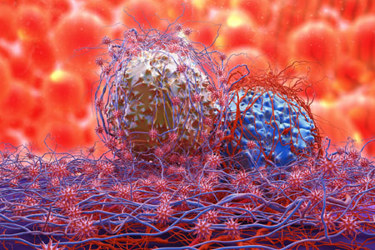Daring To Learn From Failure: Insights On The Future Of Stem Cell Therapy

CAR T-cell therapy, a pioneering form of stem cell therapy, has revolutionized cancer treatment by reprogramming immune cells to precisely target cancer cells, reducing collateral damage to healthy tissues. With FDA approval in 2017, current research is focused on expanding its application of these experiments to solid tumors and earlier treatment stages. Challenges persist, particularly in the immunosuppressive microenvironments of solid tumors. Efforts are underway to enhance CAR T-cell resilience and efficacy in these settings.
Researchers are exploring strategies to engineer CAR T-cells that target multiple antigens, aiming to prevent tumor cells from evading treatment through mutation or antigen shedding. This multi-target approach seeks to induce a broader immune response and a more comprehensive attack on cancer cells. Additionally, there is significant interest in developing in-body CAR T-cell production methods, which could reduce costs and streamline the therapy by eliminating external manipulation. This requires advancements in gene transfer technologies and precise delivery mechanisms. Dr. Robert Negrin underscores the importance of integrating ancillary sciences and learning from past failures to improve CAR T-cell therapy. These efforts reflect a commitment to advancing cancer treatment and making it more accessible, with the ultimate goal of overcoming current immunological challenges.
Get unlimited access to:
Enter your credentials below to log in. Not yet a member of Clinical Leader? Subscribe today.
